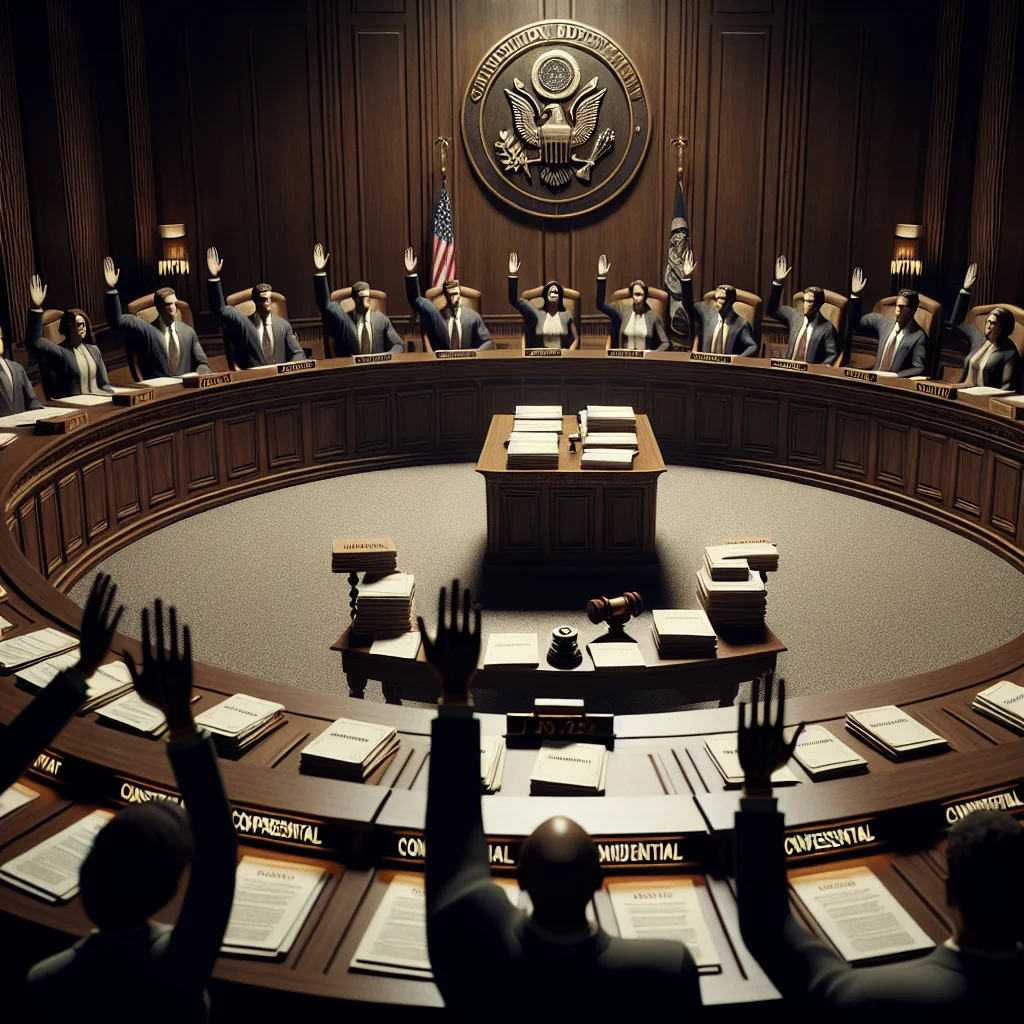
Controversial Directive Raises Questions About DOJ Independence
On July 18, 2025, the Department of Justice (DOJ) under President Donald Trump issued a sweeping order to review and potentially unseal additional records related to the late financier Jeffrey Epstein, reigniting debates about the scope of executive power and the integrity of federal investigations.
The directive, described by DOJ officials as an effort to increase transparency, instructs federal prosecutors to reassess sealed court documents and internal investigative files connected to Epstein’s criminal activities and associates. The move comes amid renewed public interest following recent court filings and ongoing civil litigation by Epstein’s victims.
Potential Legal and Ethical Implications
Legal experts caution that the Trump administration’s order could set precedent for presidential intervention in high-profile cases. The directive may pose challenges to judicial independence and prosecutorial discretion, raising constitutional questions about separation of powers.
- Attorney-client privilege: Some of the records in question are believed to contain sensitive communications, potentially implicating attorney-client privilege and privacy protections.
- Victim confidentiality: Victims’ rights advocates warn that unsealing certain documents could risk exposing survivors’ identities or retraumatizing those involved.
- Ongoing investigations: Several cases linked to Epstein’s associates remain active. Legal analysts worry that premature disclosure could compromise these proceedings.
“There’s an established process for unsealing records, and bypassing that could undermine both due process and victim protection,” said a former federal prosecutor, referencing previous similar debates during the Trump administration’s first term.
Political Reactions and Public Response
Reactions on Capitol Hill have been sharply divided. Republican lawmakers have largely supported the move, citing public interest and the need for accountability. Many Democrats, however, view it as a politically motivated attempt to influence ongoing legal matters and distract from other controversies facing the Trump administration.
Public advocacy groups and legal watchdogs have called for congressional oversight and urged the DOJ to consult with victims and the judiciary before releasing any sensitive materials.
Broader Implications for Justice Department Policy
This order marks a significant shift in the DOJ’s approach to high-profile cases involving powerful individuals. The move is likely to fuel ongoing debates about the politicization of the Justice Department and could spur legal challenges from privacy advocates and those named in the Epstein files.
With several court hearings scheduled in the coming weeks, the legal and ethical ramifications of the Trump DOJ’s decision are expected to remain a central focus in national discourse.














